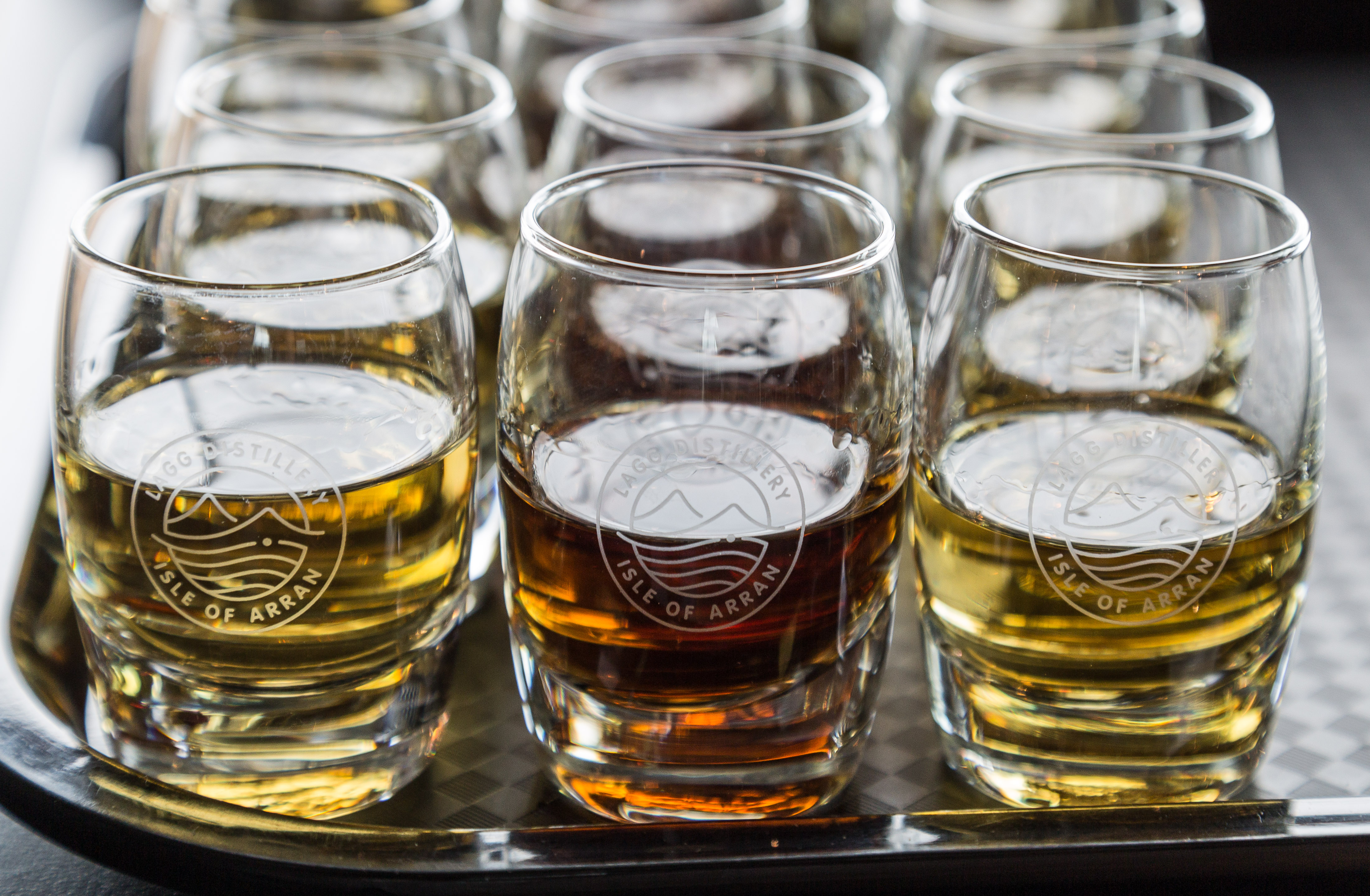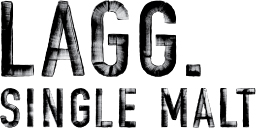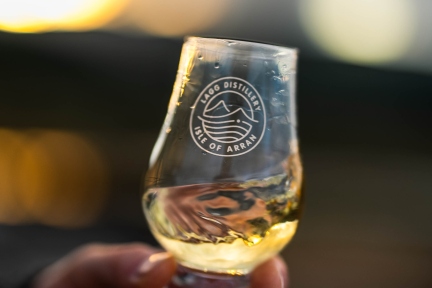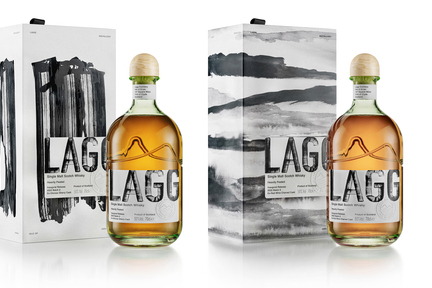Slàinte Mhath: The story and meaning of Scotland's iconic toast
If you've ever been to Scotland, or raised a glass of Scotch whisky anywhere in the world, you've probably heard the phrase "Slàinte Mhath" being said, often with gusto and a clink of glasses. But what does it mean, and why do Scots say it when they drink? Let's explore the rich history and cultural significance of this iconic toast.
How do you pronounce “Slàinte Mhath”
First, let's break down the words.
"Slàinte" (pronounced slan-cha) is the Scottish and indeed Irish Gaelic word for "health", "well-being", or "cheers". It's a common greeting and expression of goodwill in Gaelic-speaking communities, which used to be widespread in Scotland before English became dominant in the Lowlands.
"Mhath" (pronounced va) means "good" or "fine", and is added to "Slàinte" to emphasise the positive sentiment of the toast. Together, "Slàinte Mhath" (pronounced slan-cha va) can be translated as "Good Health" or "Cheers to Your Health".
The history of Slàinte Mhath
The origins of "Slàinte Mhath" can be traced back to ancient Celtic rituals of hospitality and friendship, which involved sharing a drink of mead or ale from a communal vessel, often decorated with intricate patterns or symbols. The act of drinking together signified trust, loyalty, and mutual respect, as well as a desire to forge or renew bonds of kinship or alliance.
The toast "Slàinte" was a way of acknowledging the sacredness of the moment and the intention to honour the host and the guests, as well as the spirits or gods that were believed to watch over them. Over time, as Scotland became more Christianised and urbanised, the pagan customs of hospitality and drinking evolved into more formal and regulated practices, but the spirit of conviviality and camaraderie remained strong.
In medieval and early modern Scotland, drinking was often associated with special occasions such as weddings, funerals, fairs, markets and festivals, where people from different clans, regions, or classes could mingle and bond over shared experiences and interests. Toasts became an integral part of the drinking culture, and many variations of "Slàinte" emerged, depending on the dialect, the occasion and the personal preference of the speake
As the centuries passed, the pronunciation of the phrase evolved into "slan-cha va," which eventually became the familiar "slàinte mhath" that we use today.

Other common Scottish toasts
Of course, it wouldn't be Scotland without some friendly competition. In the Gaelic-speaking areas of the Highlands and Islands, you may also hear the phrase "Slàinte Mhòr" being used. This phrase means "great health" and is often used as a response to "Slàinte Mhath." It's not uncommon to hear a friendly exchange of "Slàinte Mhath" followed by "Slàinte Mhòr" between friends and colleagues in Scotland.
Beyond the traditional Gaelic phrases, there are plenty of other Scottish expressions that you may come across while enjoying a drink in a pub. For example, you might hear someone say, "Here's tae us, wha's like us? Damn few, and they're a' deid" before taking a drink. This translates to "Here's to us, who's like us? Very few, and they're all dead." Another Scottish toast that you might hear is "Lang may yer lum reek." This phrase is a well-wish that roughly translates to "long may your chimney smoke," with the chimney being a metaphor for the hearth or home. Essentially, it's a way of saying "may you always have warmth and comfort in your home."
Drinking toasts from around the world
While Scottish people are known for their lively toasts and drinking culture, they are not the only ones with unique phrases for toasting a drink. In Japan, the traditional phrase used is "Kanpai," which means "dry cup." In Hebrew, "L'chaim" is the go-to toast, which means "to life." And for those who are Star Trek fans, the Klingon phrase "Qapla'," meaning "success" or "good luck," has become a popular choice for toasting.
Whether you're in Scotland or simply toasting with Scottish friends, understanding the traditions and phrases can add a deeper level of meaning to the experience. So, the next time you hear "Slàinte Mhath," raise your glass and take a moment to appreciate the rich history and culture behind the toast. And if you're feeling adventurous, try out some of the other phrases you’ve just read about and see how they go down with your companions. Qapla!


